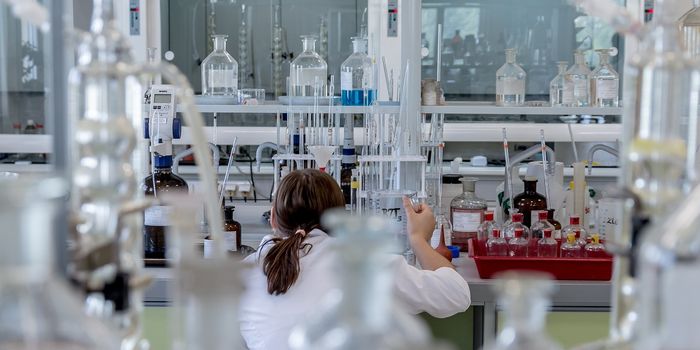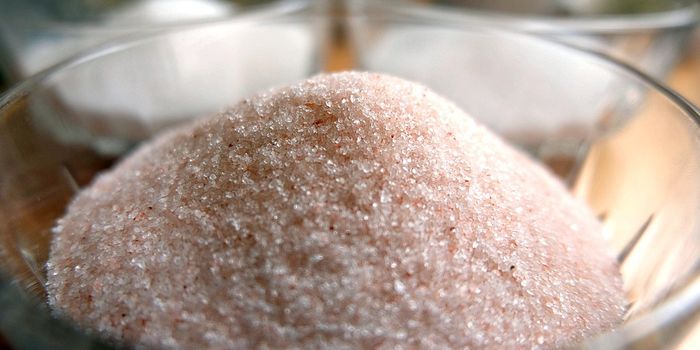Drug Could Prevent Male Infertility Following Cancer Treatment
It’s an unfortunate and tragic side-effect that doctors and cancer patients know too well: the treatments that can kick cancer’s butt may also damage the sperm or eggs, leading to irreversible infertility. Now, in studying ways to restore fertility to cancer survivors, researchers at the University of Texas at San Antonio say there is promising evidence in an existing drug used to halt infections in cancer patients.
One of the biggest challenges in cancer medicine is ridding the cancer without harming healthy cells in the patients. Unfortunately, most of our current available treatments are not so sophisticated. Chemotherapies and radiation treatments designed to destroy dividing cancer cells often end up killing healthy cells too. This is why patients undergoing cancer therapies experience side effects like hair loss, weakness, and increased susceptibility to infections.
In some cases, the cancer treatment can also permanently damage the reproductive organs, rendering the patient infertile. For men and women in their reproductive prime and are anticipating cancer therapies, doctors may recommend options to freeze the sperm or eggs as a way for the patient to still bear children. However, for people who were treated for cancer as children, this is not an option.
Wishing to help reverse or prevent this consequence in cancer patients, researchers in the Brian Hermann lab focus on ways to restart sperm production in male cancer patients. In their investigation, they inadvertently stumbled upon a drug that seemed to protect men’s fertility from the damaging effects of cancer treatments.
The drug is known as granulocyte colony-stimulating factor (G-CSF), and it stimulates the bone marrow to make more neutrophils. These are white blood cells that fight infections. Hence, the drug is typically given to cancer patients to help them thwart off pathogens.
But Hermann’s team noticed that cancer patients who were exposed to this drug seem to have less damage to their sperm. Could this drug also affect sperm production?
Indeed, lab experiments showed that G-CSF seemed to promote the growth of new sperm cells. This may negate the sperm that were damaged during the chemotherapy treatments, thereby saving fertility in these people.
"We were using G-CSF to prevent infections in our research experiments," said Hermann. "It turned out that the drug also had the unexpected impact of guarding against male infertility."
While the effects have only been observed in the lab so far, Hermann hopes to continue this study in cancer patients. If the results are confirmed, we may have a way to save at least half of the sexes from infertility related to cancer treatments. "Male infertility is an intuitive disease and we need creative solutions," he said. "But we need to understand how things work before we can fix them."
Additional source: University of Texas at San Antonio via Science Daily









